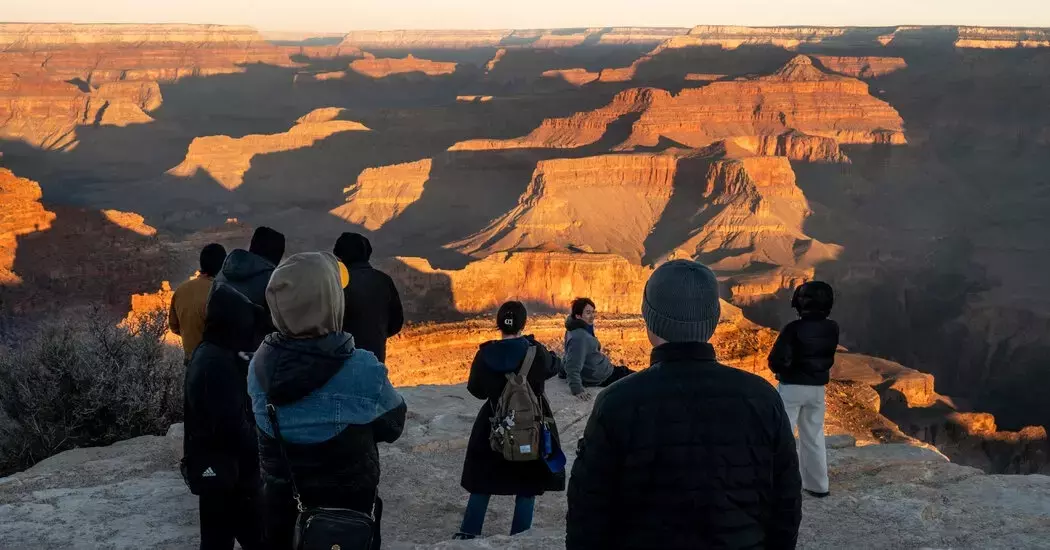
An increasing number of international travelers are rethinking their decisions to visit the United States due to recent policy shifts and global tensions. Many individuals express concerns about feeling unwelcomed or unsafe within the country's borders. This apprehension stems from a variety of factors, including stringent immigration measures and economic disputes that have strained relations with allies. A proposal for an expanded travel restriction could potentially limit entry for citizens from numerous countries, adding further complexity to the situation.
The challenges facing the American tourism sector extend beyond current political dynamics. Prior to recent administration changes, the industry was already grappling with recovery efforts post-pandemic. Factors such as currency valuation and prolonged visa processing times contributed to difficulties in attracting foreign visitors. According to projections by the U.S. Travel Association, it may take until 2026 for international visitor spending to fully rebound. However, experts now suggest these forecasts might prove overly optimistic, given the impact of growing international dissatisfaction. For instance, Canadian tourists, responding to tariff announcements, have significantly reduced cross-border trips, leading to notable financial losses for the hospitality sector.
As nations around the world seek stability and friendliness in their travel destinations, the importance of fostering positive international relations becomes increasingly evident. Encouraging dialogue and cooperation can enhance mutual understanding, benefiting both global peace and economic prosperity. By prioritizing inclusivity and collaboration, countries can create welcoming environments that attract visitors and promote cultural exchange, ultimately contributing to a more interconnected and harmonious world.
